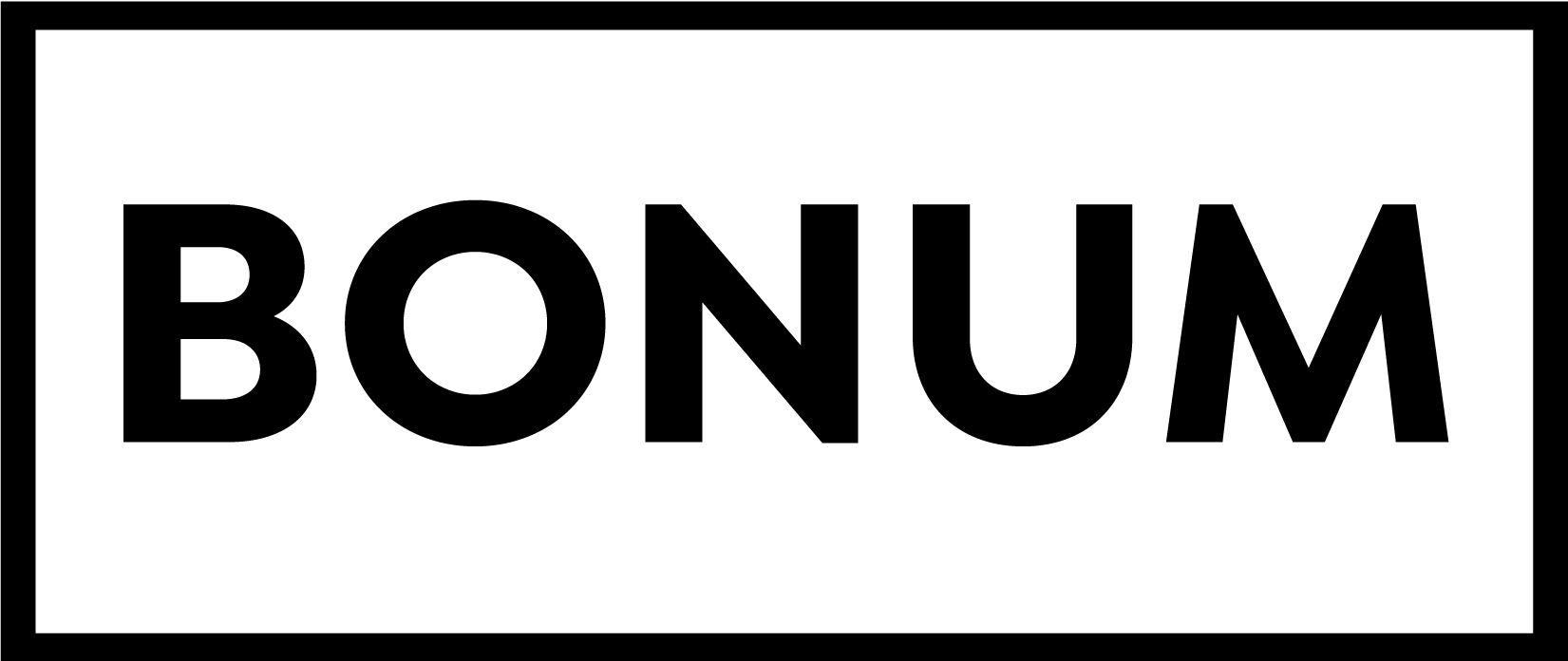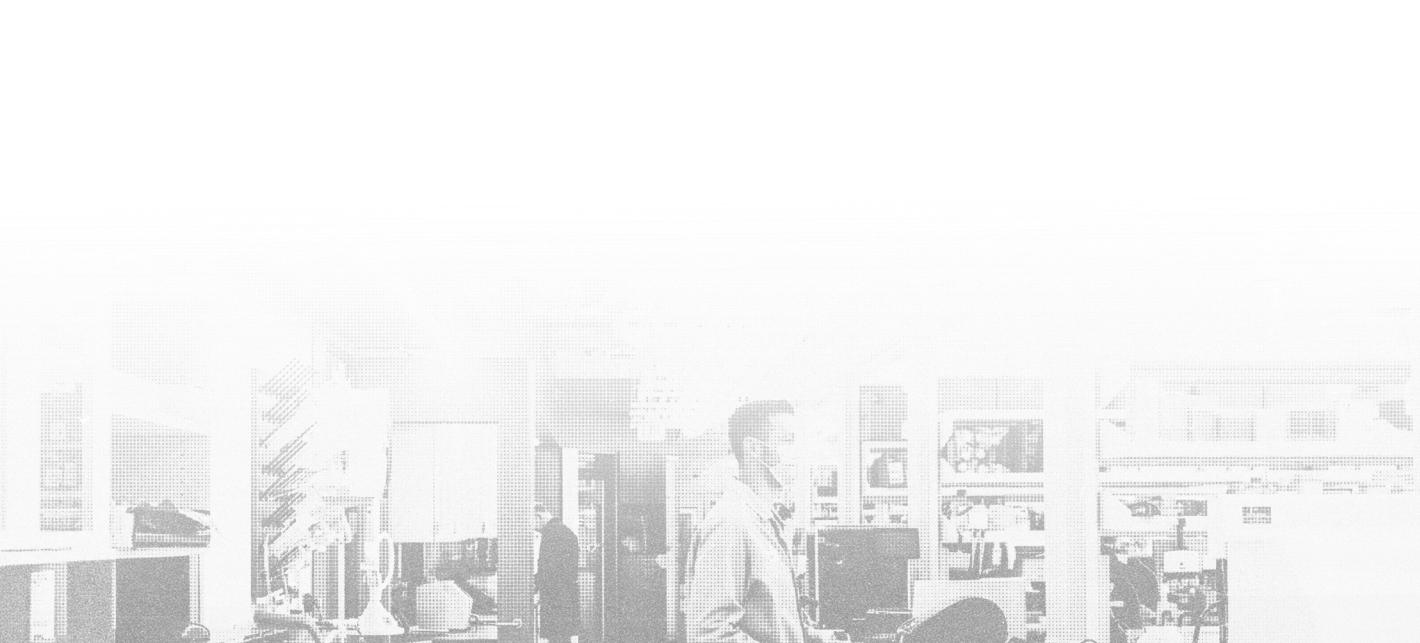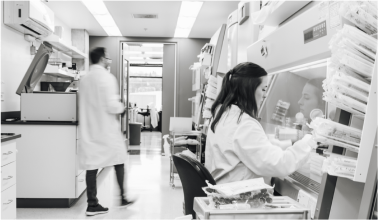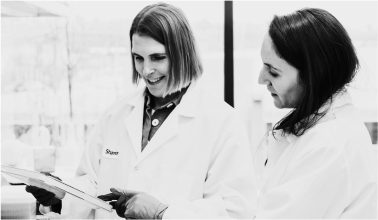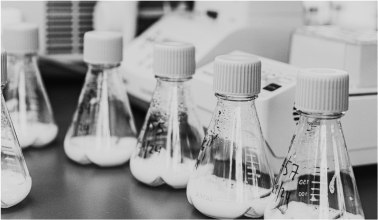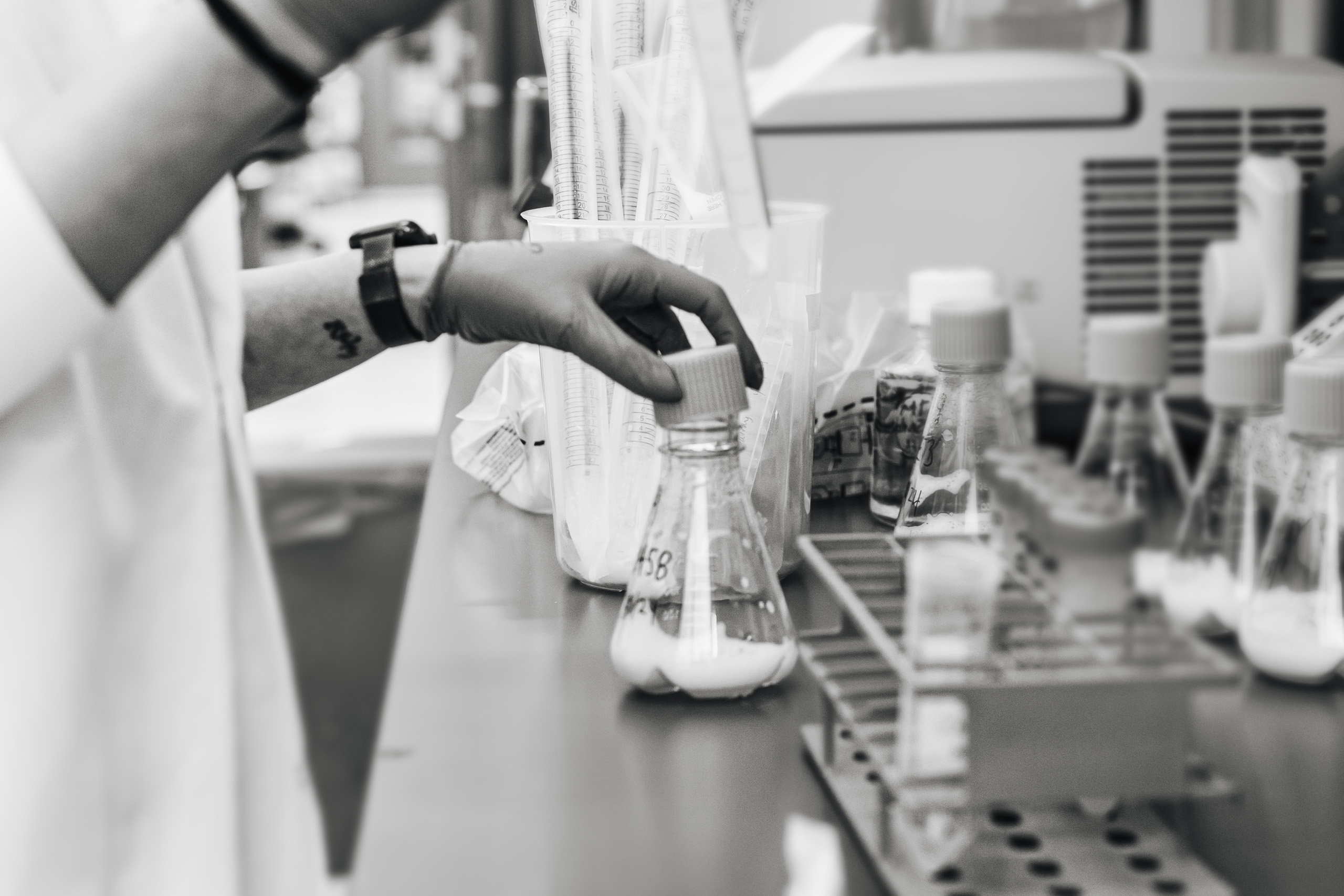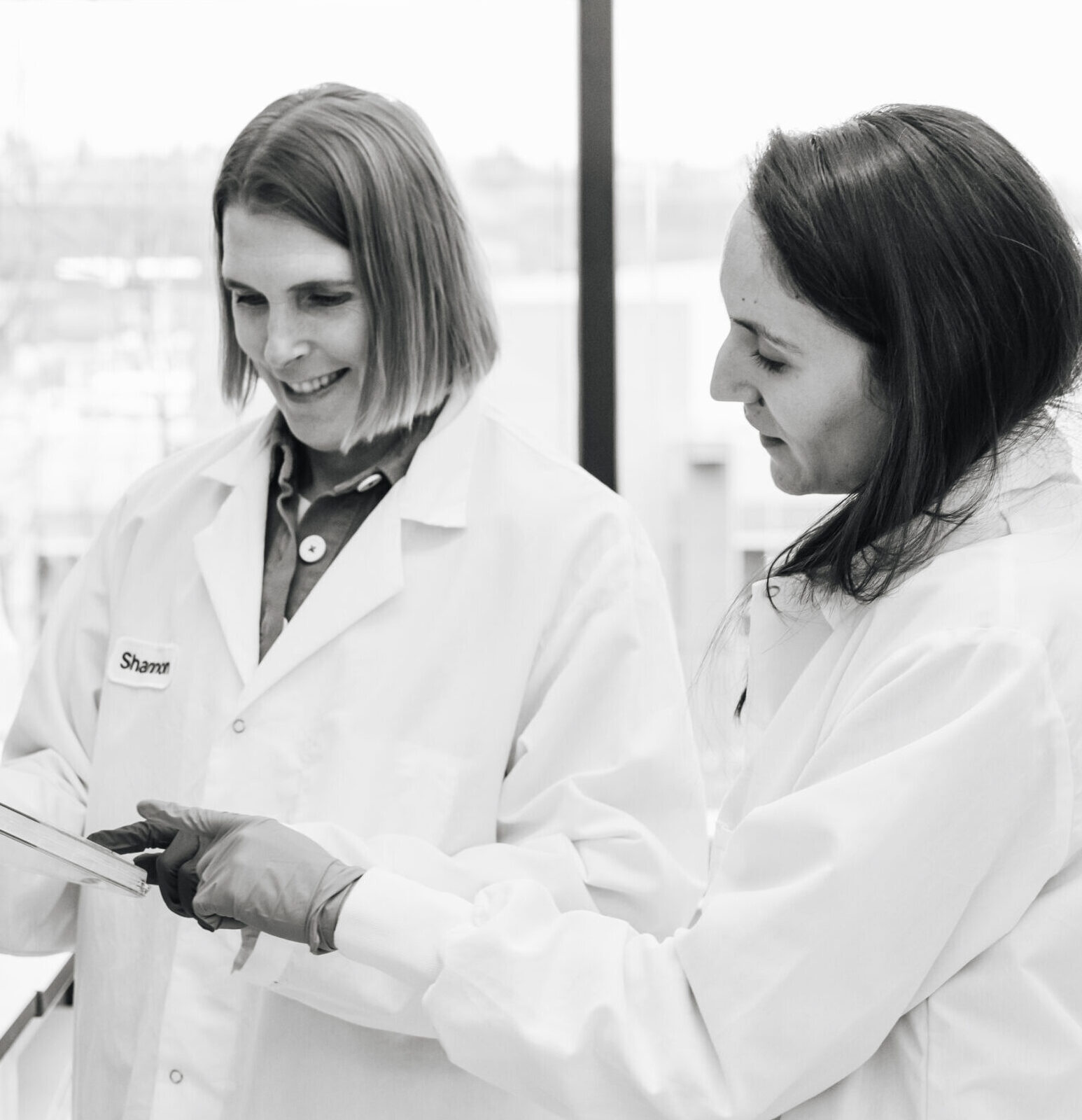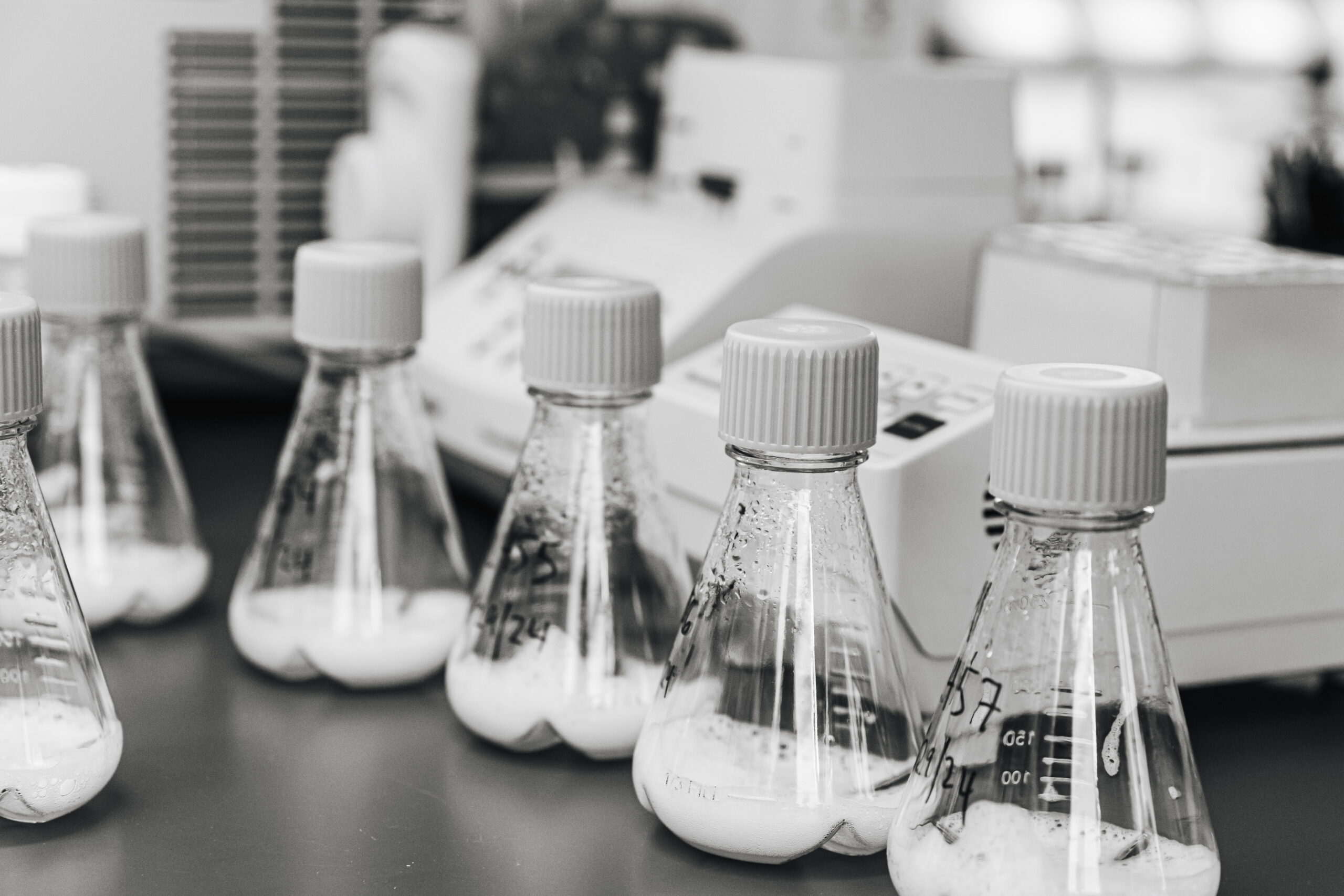Chief Business Officer Neela Patel, Ph.D., will discuss the promise and challenges of these next-generation drugs, which have the potential to overcome shortcomings of current state-of-the-art therapies, including ADCs and bispecifics…
Press Releases
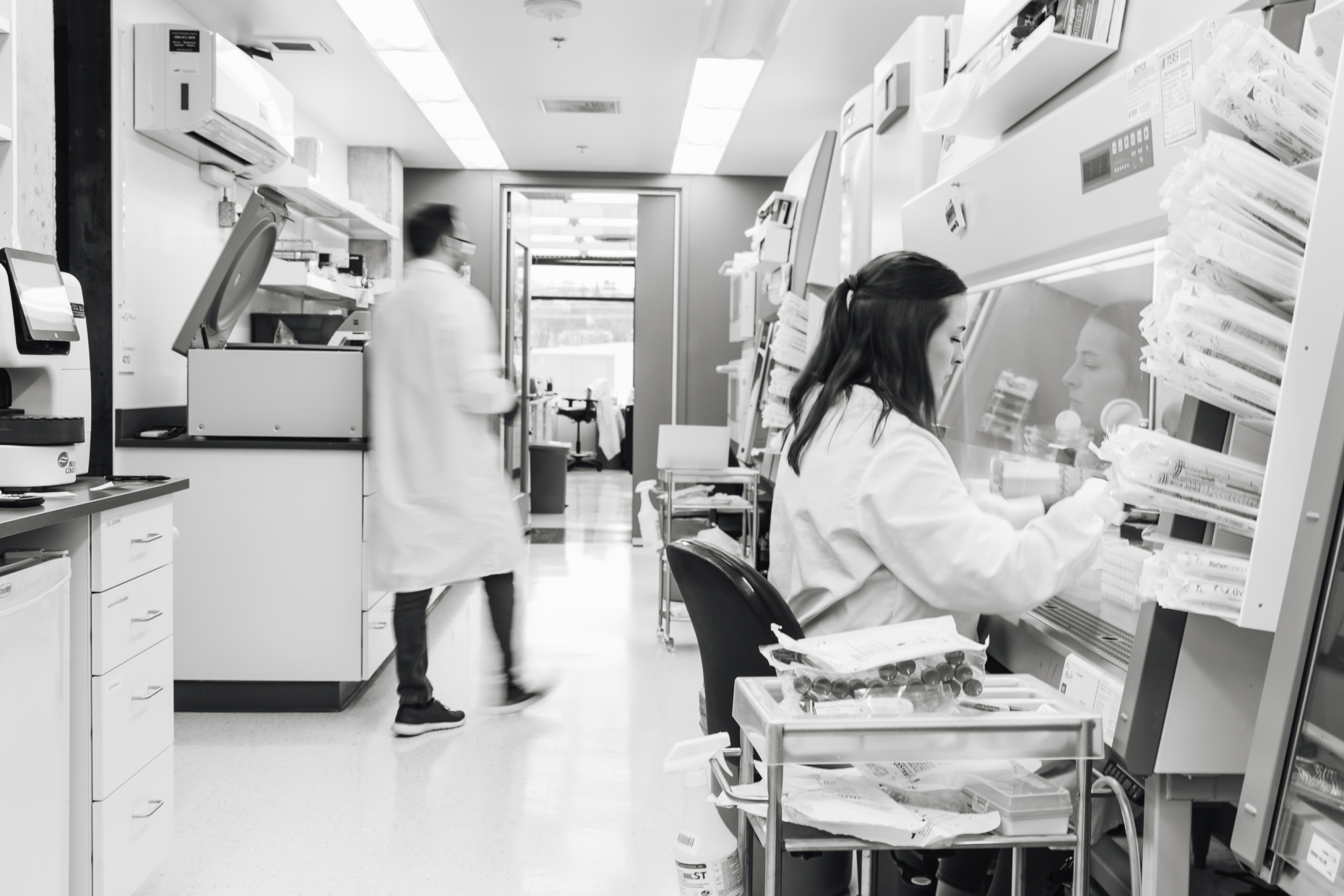
Bonum Therapeutics to Present Posters and a Short Talk on its Novel Platform for Generating Conditionally Activated Targeted Therapies at Keystone Conference
“We are excited about the success of our platform technology with multiple conditionally active target/effector combinations, and we are particularly encouraged by the rapid progress of our lead program…”
In the news
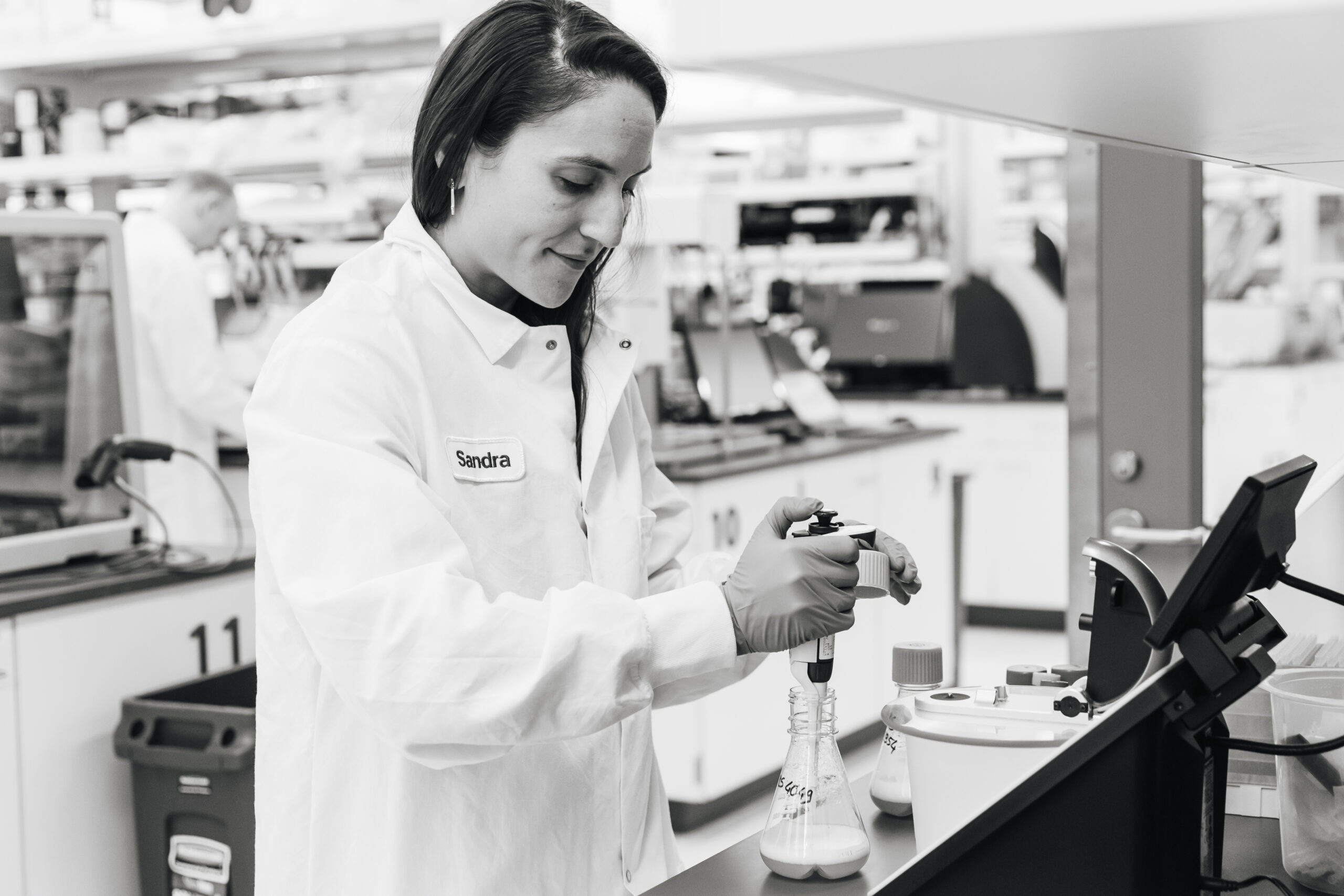
BioSpace is proud to present its NextGen Bio Class of 2024, a list of the hottest new life sciences companies in the United States. To come up with this list, BioSpace identified companies that launched between September 2022 and September 2023 with Series A funding. They were then assessed using several different criteria including finance, partnerships, pipeline, growth potential and innovation. After awarding points for each category, the BioSpace editorial team ranked its top 30. The impressive group of startups that make up BioSpace’s NextGen Class of 2024 is already making an impact on the industry. We will continue to keep a close eye on these companies as we move into the new year.
Seattle biotech startup Bonum Therapeutics raised $93 million less than two months after its parent company Good Therapeutics was bought for $250 million by Roche, with the potential for milestone payments. Bonum founder and CEO John Mulligan hopes to repeat the success of Good Therapeutics by using the same platform technology and potentially leveraging a similar future buyout structure.
Bonum Therapeutics, a biopharmaceutical startup that uses allosteric control to develop conditionally active and less toxic medications, has announced a $93-million Series A funding round. “Allosteric regulation is used everywhere in nature, but it’s never really been applied to therapeutics before,” John Mulligan, PhD, CEO and founder of Bonum Therapeutics, told GEN Edge. “We’ve implemented allosteric regulation using antibodies and cytokines—standard components with different behaviors where there’s a change in the confirmation of the molecule.”
John Mulligan was in the process of raising about $90 million for a Series B to take Good Therapeutics’ PD-1-regulated IL-2 into the clinic when the board decided to do a smaller round while fielding buyout talks from Big Pharma companies.
Roche’s $250 million acquisition of one of Good Tx’s five conditionally activated cytokine programs will consolidate the pharma’s cancer immunotherapy strategy whilst leaving the biotech free to develop its platform technology in a new company, Bonum, which is working on raising a series A. Announced Wednesday, Roche (SIX:ROG; OTCQX:RHHBY) is paying $250 million upfront for rights to the PD-1-regulated IL-2 program from Good Therapeutics Inc., and an exclusive right to the biotech’s platform technology for the development of additional PD-1-regulated IL-2 receptor agonists. Good Tx is also eligible for milestone payments under the deal, which is expected to close in 3Q22.
Also seen in
Seattle-based biotechnology company Bonum Therapeutics in August will double its current space as it looks to expand its team. The company is moving from 1616 Eastlake Ave. E. to a 31,000-square-foot space a few blocks away at 1150 Eastlake Ave. E. in Seattle’s Eastlake neighborhood. The move comes as Bonum seeks to gradually expand its 31-person team to about double that over the next few years, according to Bonum founder and CEO John Mulligan.
Business development (BD) is an essential ingredient to the success of early-stage companies, whether they plan to exit through M&A, IPO, or have other mechanisms to return money to investors. The most effective corporate strategies, while typically and necessarily focused on scientific goals, also closely integrate well designed BD objectives and scenarios. When the science lines up, execution of BD goals can enable time-appropriate returns to investors, lengthen the runway (time to cash out), and expand the reach of core technologies beyond programs that can be carried out internally.
Good Therapeutics, founded in 2016 by molecular biologist John Mulligan, Ph.D., was acquired by Roche in 2022 for $250 million upfront plus potential milestone payments. Even better, Mulligan and company retained their platform and the ability to mine it for innovative drugs to fight cancer and other diseases. The potential for conditionally active protein technology is vast and could be game-changing for patients. Here’s a peek at how Good’s acquisition played out and what the future may hold for its spinout, Bonum Therapeutics.
I am occasionally asked if I would recommend the transition from large company to a startup. My answer is always “it depends.” Startup life is not a fit for everyone. The startup journey is a roller coaster—exhilarating, challenging, unpredictable, and filled with invaluable lessons. For me, the opportunity to learn, work with top people, and see the meaningful impact of my work while advancing my professional goals makes the inevitable risks worth taking.
Founder & CEO John Mulligan describes how he and his team sold an asset using the same science to Roche in 2022 for $250 million when they were Good Therapeutics, and how the follow-on company Bonum aims to test this approach more broadly. He describes how it works, and discusses the initial programs they have chosen, with a LAG3-IL2 being the most advanced.
Throughout my 25+ years in industry, whether I am advising startups or mentoring individuals interested in career transitions to business development, I am often asked about my approach to deal making. Here I share some best practices for biotechs looking to partner an asset with pharma. I still use this approach to make better decisions under pressure and to set realistic goals for deals, most recently as Chief Business Officer at Good Therapeutics from 2021 – 2022, where I co-led the successful completion of Good’s sale to Roche for $250 million plus deal-comparable milestones – one of the largest deals of 2022 for a preclinical asset.
I joined Good Therapeutics (now Bonum Therapeutics) in the summer of 2021. This was a marvelous opportunity to develop a new class of regulated cytokine therapeutics for cancer and autoimmune diseases. My prime directive was to build a team focused on protein production and characterization, with an aim to select stable “manufacturable” leads to move into clinical development.
Four years ago, I joined Bonum Therapeutics’ predecessor, Good Therapeutics, fascinated by the mechanistic concept developed by Founder and CEO John Mulligan. He envisioned an antibody-cytokine fusion protein, or immunocytokine, wherein the cytokine was selectively active when the antibody portion was bound to its target. This idea was appealing, as it would potentially allow the creation of cytokine therapeutics with conditional activity on specific cell types and populations. Immune agonists, including cytokines, have held particular interest for me throughout my career in cancer immunotherapy, and I’ve come to appreciate the unique challenges associated with their utilization.

Startup and privately held biotechnology companies with a broadly applicable technology face a market that awards higher valuations to assets than to platforms for drug discovery. Platform companies, therefore, face a fundamental problem — how to return money to investors in a reasonable time frame and simultaneously realize the appropriate value for their platform. In this article, we describe an approach that allowed Good Therapeutics to provide a tax-efficient return to investors while retaining ownership of the platform technology and a series of other potentially high-value programs. The corporate and deal structure is reproducible and can be used in a variety of settings when assets are more highly valued than the platform used for their creation.
In my two previous articles, I’ve discussed the need to think about the big picture in drug research and development, as well as considerations that can improve one’s chances for success at the bench level. Overall, however, science is a team effort. And while people don’t always think about the choreography of good scientific teamwork, there are factors that should be considered and skills that can be developed to increase a drug discovery team’s overall effectiveness and chance of success.
With only weeks to go in 2022, the three major pharmas each had inked between 16 and 20 deals. Meanwhile, Pfizer has been less busy with 12 deals, but those include M&A totaling $18.2bn.
